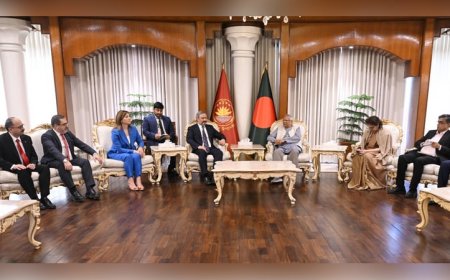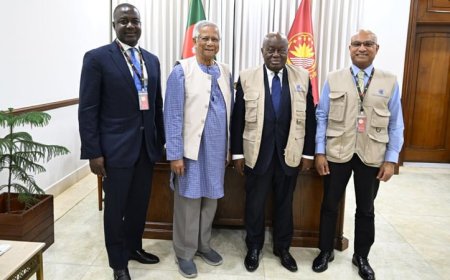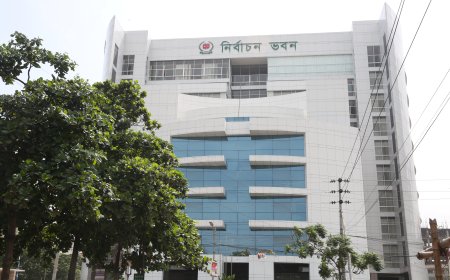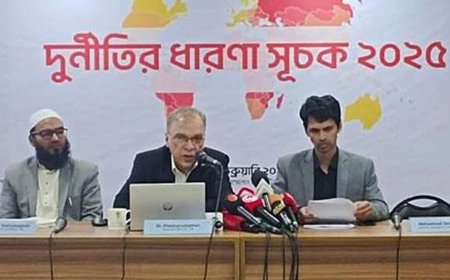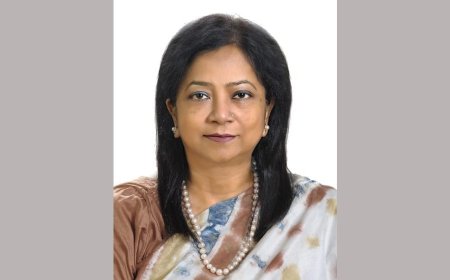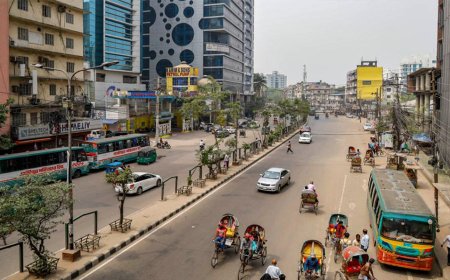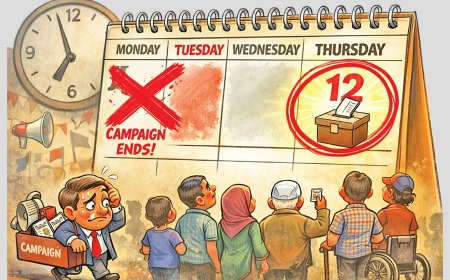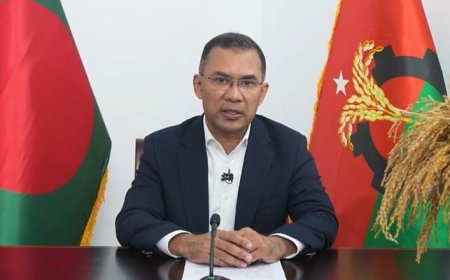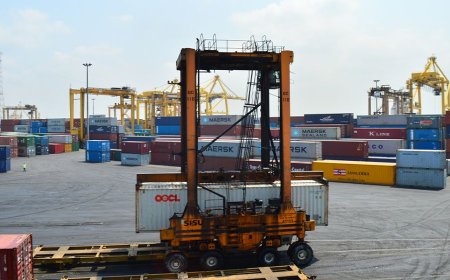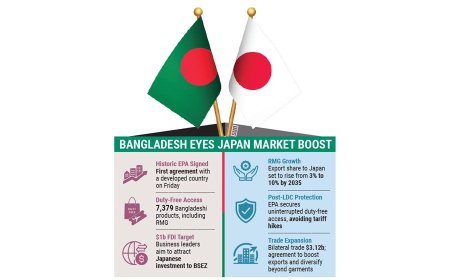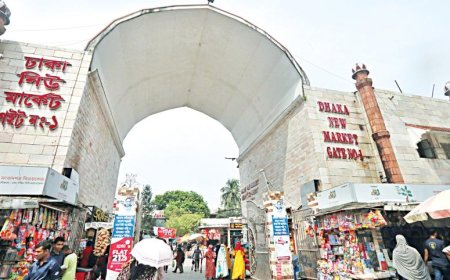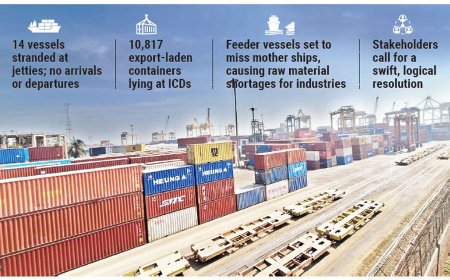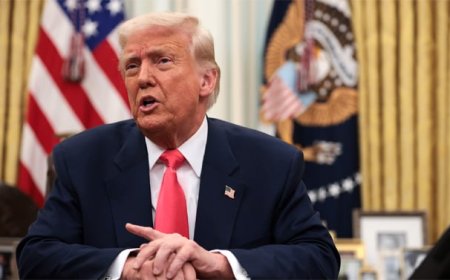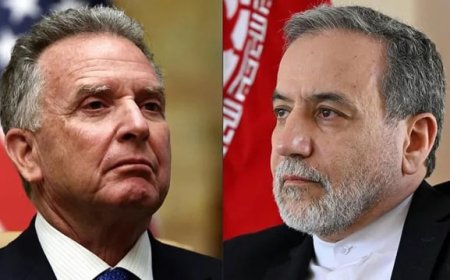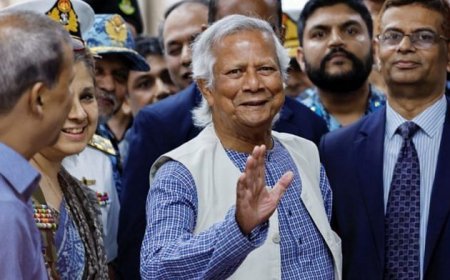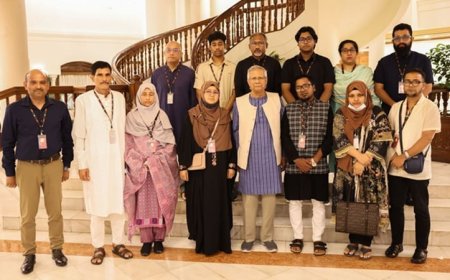'We informed them it’s unnecessary...': Bangladesh Reduces Electricity Imports from Adani Power
Adani Power, operating a $2 billion plant in Jharkhand under a 25-year agreement signed in 2017, had previously curtailed supply on October 31 due to outstanding payments.
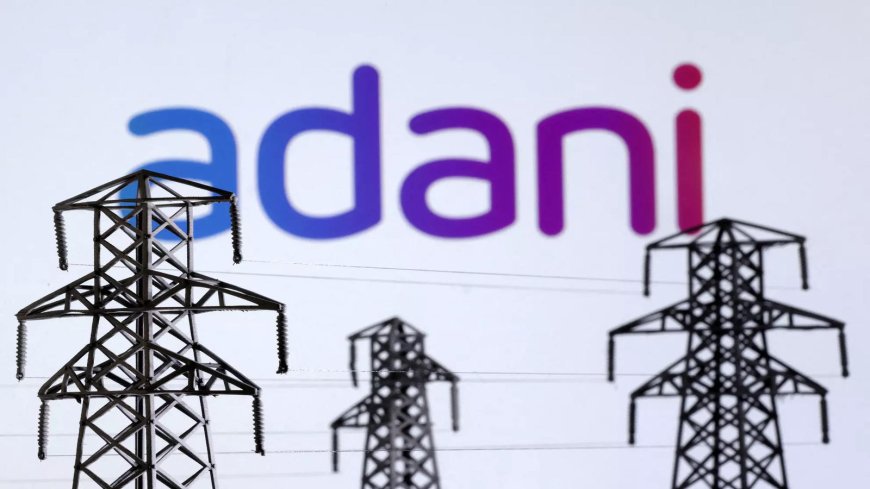
Bangladesh Reduces Electricity Imports from Adani Power Amid Payment and Demand Challenges
Bangladesh has reportedly halved its electricity imports from India’s Adani Power, citing reduced winter demand and unresolved payment issues amounting to hundreds of millions of dollars. The decision comes as Dhaka struggles with a prolonged foreign exchange crisis.
Adani Power, which operates a $2 billion plant in Jharkhand under a 25-year agreement signed in 2017, had already scaled back supply on October 31 due to overdue payments. In response, Bangladeshi officials requested the company to supply only half of its usual output while pending dues are addressed. “Winter demand is now down, so we have told them there is no need to run both units of the plant,” said Md. Rezaul Karim, chairperson of the Bangladesh Power Development Board (BPDB), as quoted by Reuters.
Adani’s plant, capable of producing 1,600 megawatts, has been operating at minimal capacity since November 1. A document reviewed by Reuters indicated the facility operated at just 41.82% capacity in November, marking its lowest performance this year. One of its two units remains offline, with no clear timeline for a return to full operation. Last winter, Bangladesh imported approximately 1,000 megawatts per month from Adani.
Adani Power is owed an estimated $650 million by Bangladesh, though company sources suggest the total outstanding dues have now reached $900 million. Payments of $85 million in November and $97 million in October have only slightly reduced the backlog.
A spokesperson for Adani Power stated, “We are in constant dialogue with senior officials of BPDB and the government, who have assured us that our dues will be cleared soon.”
High Costs and Subsidy Strains
Bangladesh has been paying a premium for Adani’s electricity. In the fiscal year ending June 2024, Adani charged 14.87 taka per unit, significantly higher than the 9.57 taka average charged by other Indian suppliers. With retail electricity priced at 8.95 taka per unit in Bangladesh, the government has been forced to provide annual subsidies amounting to 320 billion taka ($2.7 billion).
“Because the prices are high, the government has to subsidize,” noted Muhammad Fouzul Kabir Khan, a power and energy adviser in Bangladesh. “We would like power prices, not only from Adani, to come down below the average retail prices.”
The situation underscores the financial challenges facing Bangladesh’s energy sector as it balances growing demand, foreign currency constraints, and the need for affordable electricity.
What's Your Reaction?







